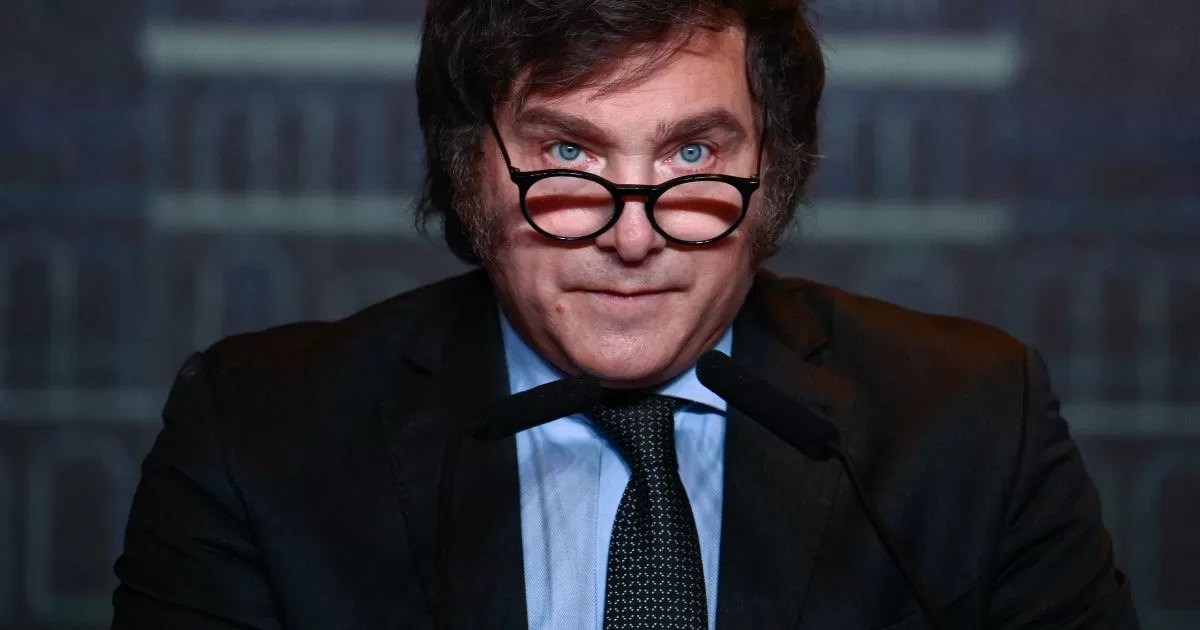Foreign Minister Annalena Baerbock (Greens) paid tribute to relations with the neighboring country after attending a cabinet meeting in Paris. “France is not only our partner and neighbor, but also our best friend,” she explained. Her French colleague Catherine Colonna emphasized: “It is a sign of deep connection and mutual trust.”
After a series of discrepancies between Berlin and Paris, Baerbock’s visit to the French cabinet is the start of a series of important meetings in the coming months, with which the two partners want to deepen their cooperation or even dare to make a new start. Paris in particular has an interest in this.
The evening before, French President Emmanuel Macron met Baerbock for an hour-long conversation in the Elysée. It was a “good and trusting exchange”, it was said afterwards from diplomatic circles. It was the second time in six months that Baerbock was received at the Elysée.
Participation in a cabinet meeting of the other government is provided for in the Aachen Treaty, which France and Germany signed in 2019.
Chancellor Olaf Scholz (SPD) invited Macron to his constituency in Potsdam at the beginning of June. Federal President Frank-Walter Steinmeier will then receive his French colleagues at the beginning of July for a state visit by Macron to Germany, which will also take them to East Germany. It would be the first visit in this format in 23 years.
Recently, several conflicts had caused disagreement between the partners. Foreign politicians in Berlin saw it as a political catastrophe that after a visit to Beijing, Macron advocated that Europe should not side with the United States in the conflict over Taiwan. Berlin diplomats emphasized that this appeal contradicted the de facto actions of the government in Paris, which at the same time sent a warship into the Taiwan Strait, thereby demonstrating that it was respecting the country’s sovereignty.
The Franco-German Council of Ministers was canceled last fall because there were no apparent solutions to the conflicts and several German ministers preferred to go on vacation rather than go to Paris. The date was rescheduled in January to mark the 60th anniversary of Franco-German reconciliation.
The cooperation between France and Germany is not a sure-fire success and ‘understanding’ has to be worked out again and again.
Stephen SeidendorfVice Director of the Franco-German Institute
A few weeks later, Germans and French were arguing about the next topic: Paris wanted to classify hydrogen produced from nuclear power as green energy, Berlin was against it and prevailed. In the dispute, Paris even threatened to block a German-Spanish pipeline project.
“France and Germany are very different countries, structurally, politically, culturally,” said the deputy director of the Franco-German Institute, Stefan Seidendorf, to the Tagesspiegel: “Cooperation is not a sure-fire success and ‘understanding’ has to be worked out again and again.”
There are probably no two countries that are so different that have such close, close ties in all areas at the same time, that are so dependent on one another and so dependent on one another. Both are economically the most important partners for each other, politically often opposite poles in the EU. At the same time, however, both are indispensable for an EU compromise and are therefore still the “motor” of the EU, said Seidendorf.
Finding compromises requires an investment of time and effort. “After the difficulties last autumn, the actors involved have become aware of this constellation,” said Seidendorf. Apparently, new French presidents and new federal governments would actually have to gain personal experience first. It is not enough if they are given appropriate advice. The France expert continues: “Trust requires personal contact and experience, but can then also allow cooperation between difficult or even hardly compatible constellations.”
According to Seidendorf Macron, Macron does not simply expect German concessions on a single point, but a basic willingness to work together with France on proposals for the further development and deepening of the EU – for example on the reform of the Stability and Growth Pact, but also on other topics”.
At the meeting with the Federal Chancellor in June in particular, the French President should then try to inquire about this willingness. (with AFP)


